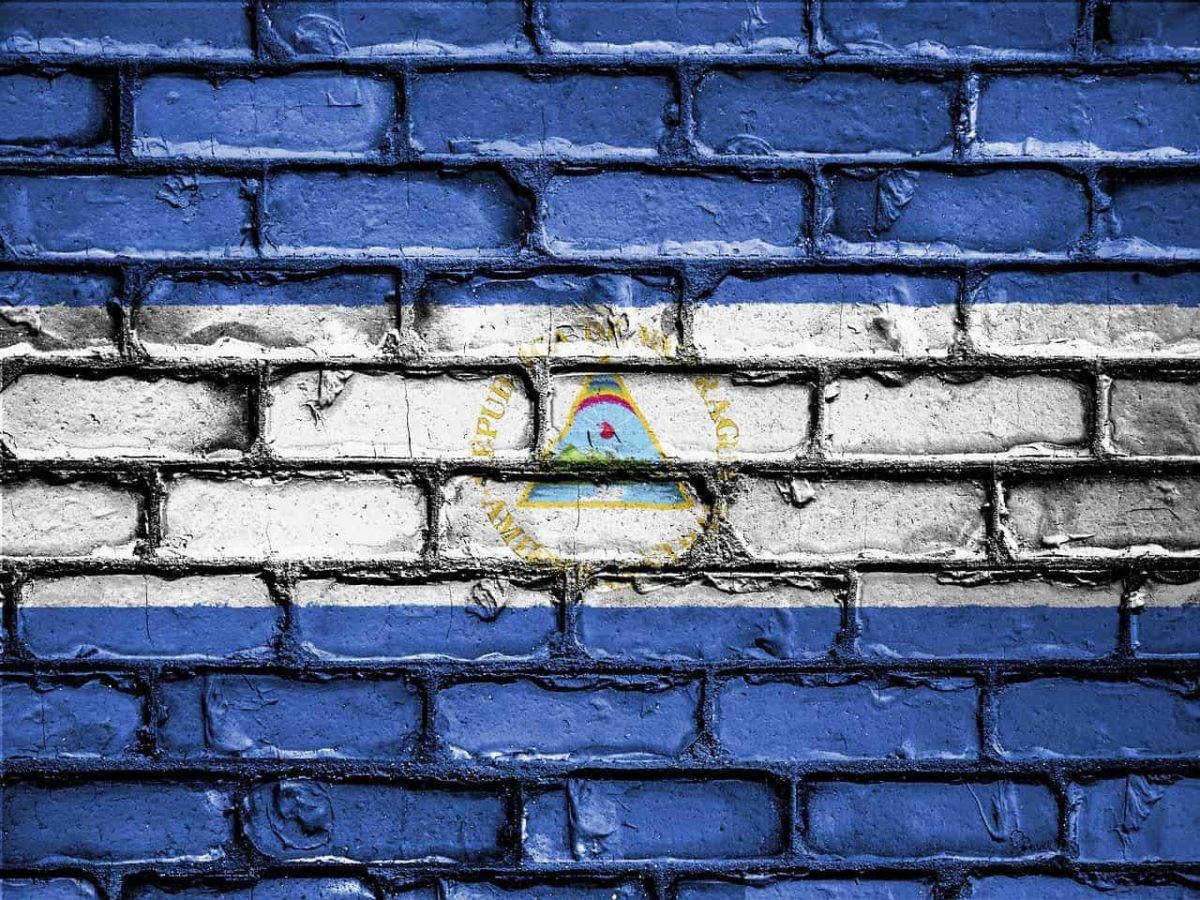Ángel Rocha has just started a new life in Miami. It’s a life he did not want, full of uncertainty, but safer than the one he left in Nicaragua, where a political, social and economic crisis this year triggered the number of citizens who fled to the United States.
This former Political Science student from the Polytechnic University of Managua has been in the crosshairs of the Daniel Ortega regime since the anti-government protests of April 2018, whose repression left more than 300 dead, hundreds of imprisoned and 100,000 exiles.
One day that month, he was arrested at the university.
Rocha says that police beat him and burned him with a lighter. After losing consciousness, he says, he woke up with one foot stomping his head against the ground, in a pool of his own blood.
That episode did not intimidate him. On the contrary, it was then that he joined the Civic Alliance opposition movement. That activism landed him in jail for 17 hours in September 2020, and once again he moved on.
But this year, when the Sandinista regime began arresting opposition leaders before the November elections, including several of his comrades from the Civic Alliance, he decided to leave Nicaragua.
“I thought: I am young and I am in a country that is heading toward violence, humanitarian crisis, unemployment and instability,” he recalls in the room where he now resides in Miami, Florida, hosted by a Nicaraguan friend.
An exodus
Between January and August 2021, US authorities intercepted almost 41,500 Nicaraguans who were trying to enter the country illegally at their southern border. The figure had been about 1,100 people in the same period of 2020.
This exodus, the largest in recent decades between Nicaragua and the United States, reached its maximum in July: 13,456 migrants, almost double that of May.
“Boys and students are coming. Many of them participated in the 2018 protests,” explains Anita Wells, a member of the Nicaraguan-American Alliance for Human Rights (NAHRA), which helps the country’s migrants through legal procedures.
She believes the repression of political opponents is the main cause of this wave of migration from Nicaragua, a country of 6.5 million inhabitants.
But an economic crisis also comes into play — the country is going through its fourth consecutive year of recession — as does a rebound in the Covid-19 pandemic, as reported in Nicaragua by the network of independent doctors from the Citizen Observatory.
The arrival of Joe Biden to the White House and his promise of a “more humane” immigration policy also contributed to those migrations, she says.
A dangerous journey
A dangerous journey through Central America and Mexico awaits those who decide to leave Nicaragua. It is a journey marked by abuses from coyotes, the migrant smugglers who ask for thousands of dollars for their services. Also prominent is police corruption and the fear of being kidnapped by the cartels, Wells says.
Rocha made the trip with another young man to the border with the United States. He says that he did not pay coyotes and that he enlisted the help of Nicaraguans throughout his journey.
“The fear of being arrested before leaving the border is doubled when leaving the country. The uncertainty is very great,” he explains.
He surrendered to a US border patrol on July 12, at 11:00 p.m. They fingerprinted him, asked him if he felt in danger in his country, and took him to a Texas detention center.
From there they sent him to another center and then to a third. He spent about two months in US facilities until they let him out.
At those centers, he sometimes cried with joy, he recalls. But he was also afraid of being deported, because he knew he was breaking the law when entering the United States.
A fellow activist from Nicaragua bought him a plane ticket to go with him to Miami, the place where the largest Nicaraguan community in the United States has lived since the start of the Sandinista revolution in 1979.
Now, Rocha tries to get used to his new situation, leave his political ambitions behind and move on.
“I’m practically paying a penalty, because you have to start from scratch,” he says. “I am alone and there is always something that you lack: your family, your companions.”
While waiting to resolve his asylum application, he cannot work and relies on the financial support of his community.
“The people who come here are middle class people, working class people, students,” Wells explains.
“When they enter they are disappointed, because one does not go directly to a university,” she warns. “Here you come to work. You were a doctor there, but here you are going to do gardening.”
Despite everything, Rocha hopes to study in the United States and return to Nicaragua one day.






